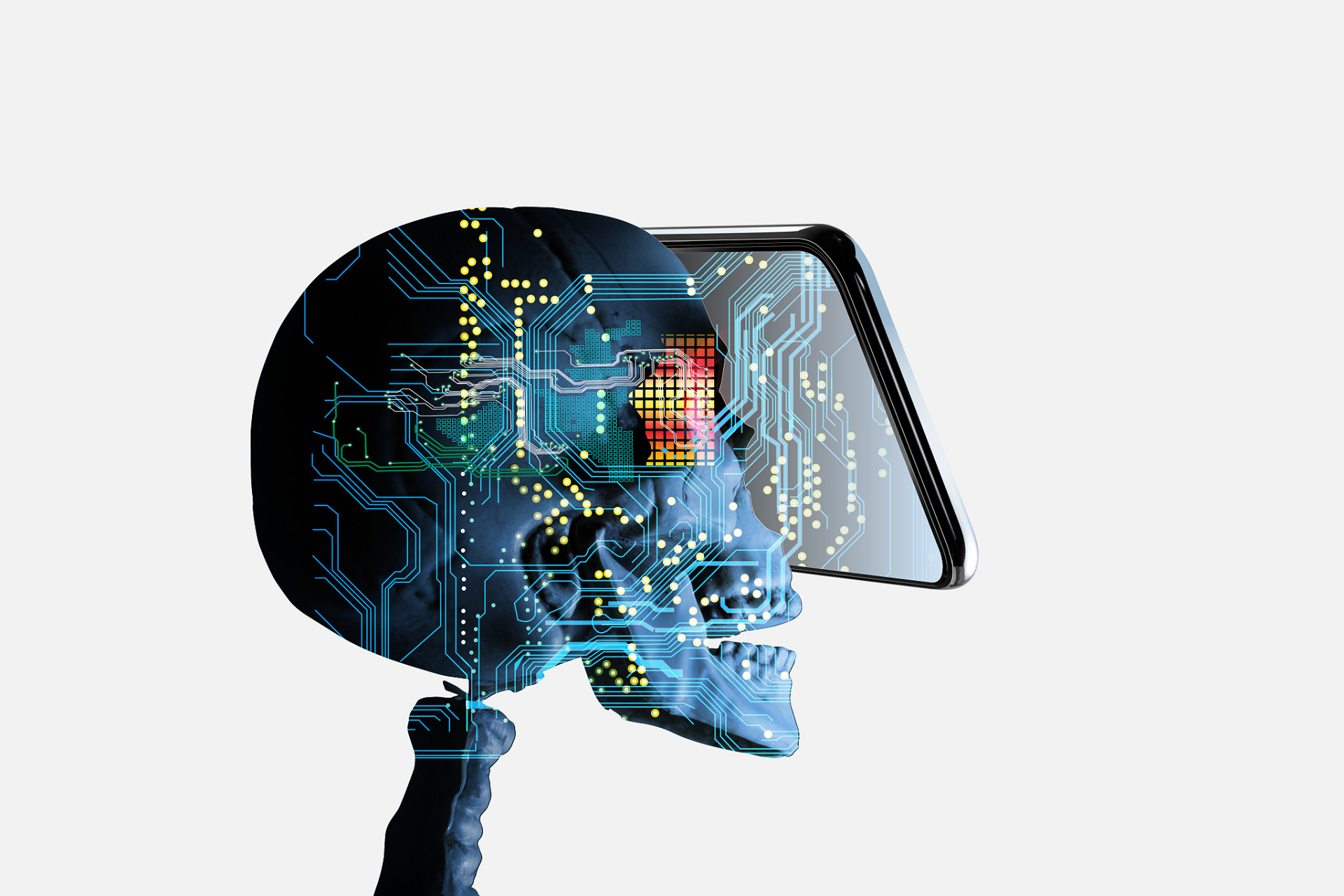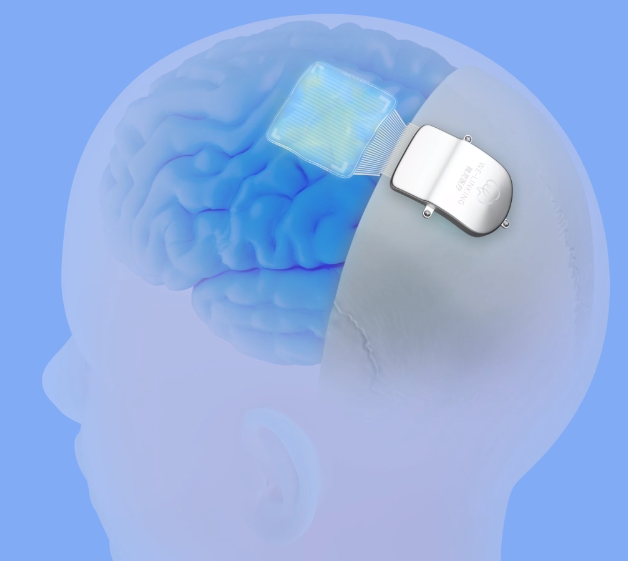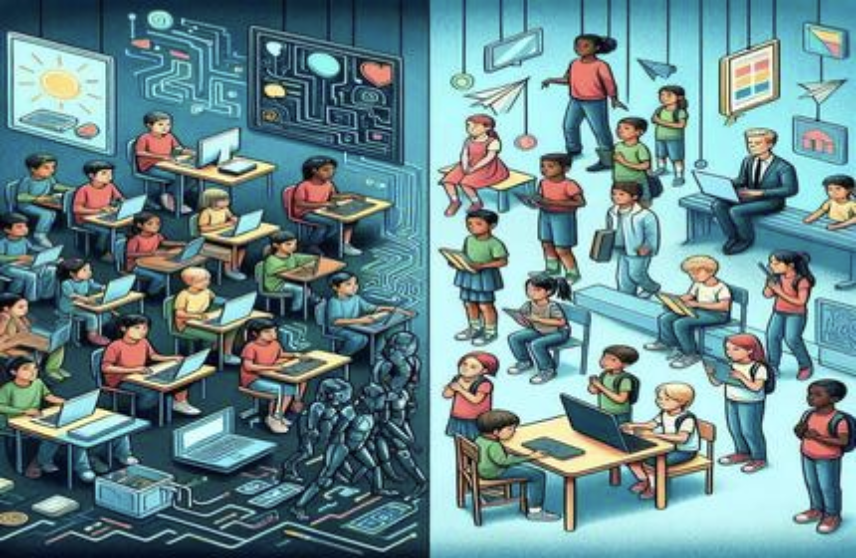Brain-Computer Interface: The Future Technology That Makes Your "Thoughts Come True"
What if you could directly control your phone, computer, or even smart home devices just by using your mind? Doesn’t it feel like you’ve just turned on a "superpower" switch from the future? You wouldn’t need to tap the screen with your fingers or issue voice commands—just “move your brain”—yes, simply move your mind! This is the allure of brain-computer interface (BCI) technology.

So, what exactly is brain-computer interface technology? Simply put, it is a high-tech method that allows direct interaction between the brain and external devices. In other words, it’s like installing a "USB port" in your brain, enabling communication with external devices directly through thoughts, bypassing traditional hardware like hands, eyes, and ears. Sounds very sci-fi, right?
Let’s say you have a smart TV at home. Normally, you’d need to use a remote control to change channels or adjust the volume, but what if the TV could directly read your brain's commands? Wouldn’t that be more convenient? BCI technology works by converting the brain’s "thought signals" into instructions that devices can understand. You wouldn’t need to press buttons or even speak—just concentrate, and the TV will automatically switch to the channel you want and adjust to the volume you feel most comfortable with. Isn’t that more "lazy-person" friendly than the current remote control?
BCI isn’t just a “shortcut” when you don’t feel like moving your hands—it has far broader applications! For instance, people with disabilities could use BCI technology to control prosthetics with their thoughts, regaining mobility. If your mind becomes the “remote control” for a robot, you could operate a mechanical arm through brainwaves, picking up a cup, eating, or even getting dressed—this scene feels like something straight out of a modern superhero movie.
But BCI applications aren’t just about assisting with physical tasks; it can also help resolve “lag” in the brain. We’ve all experienced moments of “mental stagnation”—like suddenly forgetting a word during a meeting or drawing a blank during an exam, completely forgetting the material we’ve studied. BCI, by continuously analyzing and adjusting brain activity, could theoretically help the brain operate more efficiently, allowing you to activate a “brain accelerator” whenever needed.

Implementing a brain-computer interface is not as simple as plugging in a pair of headphones. Technologically, it requires reading signals from the brain through brainwaves, sensors, and other methods. These signals are extremely weak, like tiny Wi-Fi signals emitted by the brain. Therefore, developing such technology requires not only high-precision equipment but also powerful algorithms to decode these signals and allow computers to accurately understand your “thoughts.”
You might wonder, does our brain really emit such powerful signals? In reality, the brain is an incredibly complex information-processing center, capable of making millions of calculations in an instant. However, these signals are too weak for traditional devices to directly receive. Brain-computer interface technology, using a series of advanced algorithms, converts these weak signals into instructions that devices can recognize.
Although brain-computer interface technology still seems like “sci-fi” today, its potential and applications have already led many to seriously consider its societal impact. As technology progresses, in the future, we’ll not only be able to control smart devices through BCIs but also experience immersive environments in virtual worlds. For example, you might directly enter a game via BCI, not just sitting in front of a screen and pressing buttons.
Of course, the development of BCI technology also raises many ethical and privacy concerns. How can we protect personal thought information? If hackers can invade our brains, wouldn't everyone’s privacy be at great risk? These issues need to be addressed, but as technology matures, we believe better solutions will be found.

The future of brain-computer interface technology is full of infinite possibilities. It can not only change how we work and live but also bring a smarter, more efficient lifestyle. Although we are still a bit far from completely controlling everything with BCIs, technological progress always fills us with anticipation. Perhaps in the not-so-distant future, each of us will control the world with our "minds," and this world might be simpler than we imagine—at least we won’t have to worry about finding the remote control anymore.
(Writer:Cily)



